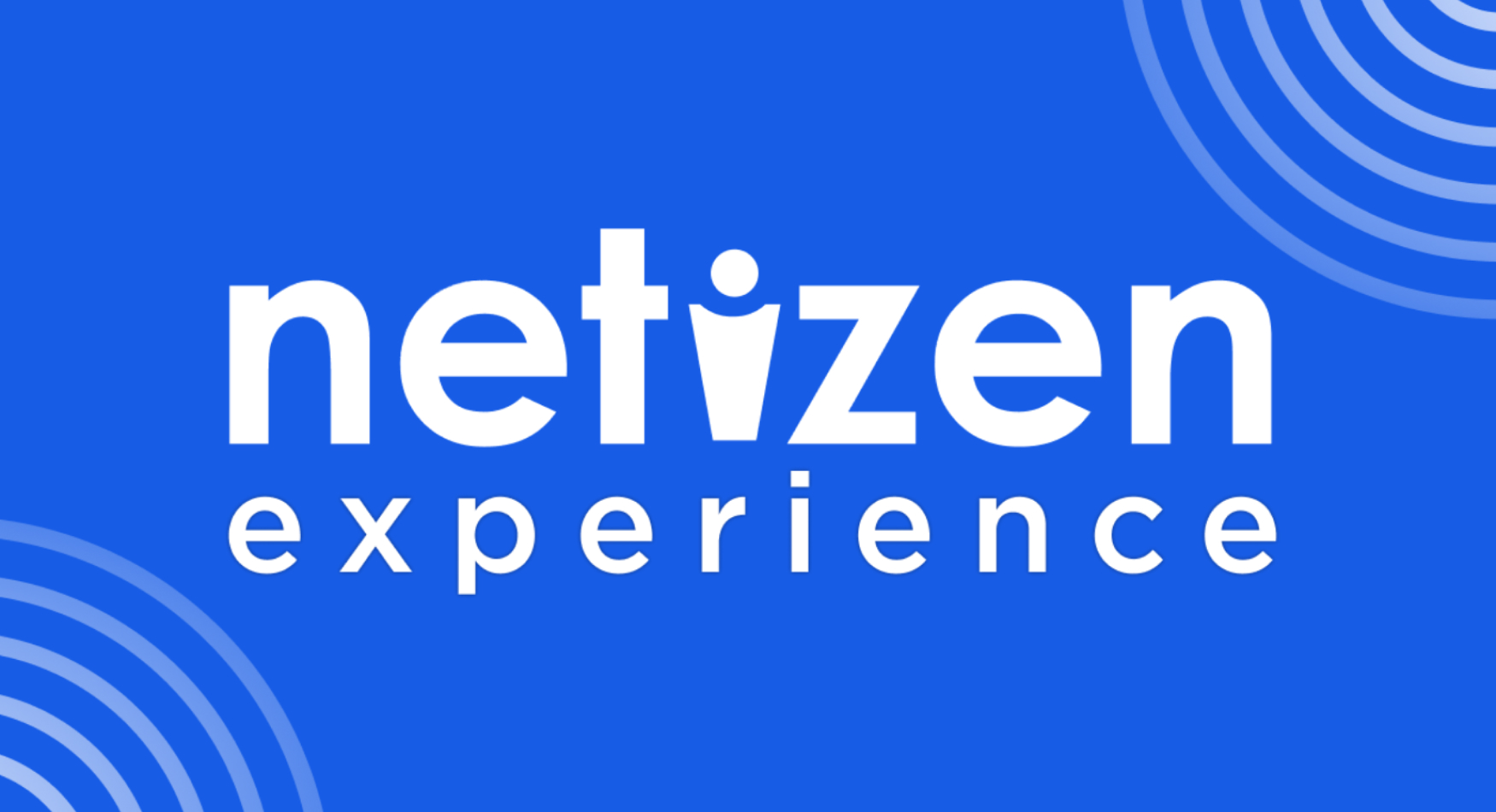Innovation Without Boundaries?
Artificial intelligence (AI) is transforming industries, enabling businesses to streamline operations, personalize customer experiences, and solve complex problems at scale. But as AI’s influence grows, so does the ethical responsibility to ensure it serves society without causing harm. Balancing innovation with responsibility has become one of the most pressing challenges in technology today. This article explores the ethical concerns surrounding AI and how businesses can build systems that prioritize fairness, accountability, and transparency.
The Ethical Challenges of AI
AI’s rapid advancement raises critical questions about fairness, privacy, and accountability. These challenges cannot be ignored as they have real-world implications:
- Bias in Algorithms: AI systems often reflect biases present in the data they are trained on, leading to unfair outcomes. Facial recognition tools, for example, have shown disparities in accuracy across different demographics, raising concerns about discrimination.
- Privacy Concerns: AI relies heavily on data, often collected without full user awareness or consent. This raises questions about how data is stored, shared, and used, especially in cases involving sensitive personal information.
- Job Displacement: Automation threatens traditional job markets, potentially widening economic gaps and creating inequalities if reskilling opportunities are not addressed.
- Accountability Gaps: When AI makes decisions, it’s often unclear who is responsible for errors or harm caused—whether it’s the developer, the business, or the algorithm itself.
Principles for Ethical AI
To ensure AI systems are both innovative and responsible, companies must commit to ethical principles that guide their design and implementation.
- Transparency: AI systems should be explainable. Users need to understand how decisions are made and why certain outcomes occur to build trust in the technology.
- Fairness: Bias testing should be a mandatory step in AI development to prevent discrimination and ensure equitable treatment across demographics.
- Privacy First: Companies must adopt privacy-by-design approaches, where data security is integrated from the start, and users have clear control over their data.
- Accountability: Establishing frameworks for accountability ensures someone is held responsible for AI-driven decisions, creating mechanisms for review and oversight.
- Human Oversight: AI should augment—not replace—human judgment, keeping humans in the loop for sensitive decisions, particularly in areas like healthcare, finance, and law enforcement.
Practical Steps Toward Responsible AI
Building ethical AI systems requires more than policies; it demands action. Businesses can integrate responsibility into their AI processes by:
- Conducting Ethical Audits: Regular audits identify biases and vulnerabilities before they create larger issues.
- Diversifying Development Teams: A diverse workforce brings different perspectives, helping to reduce blind spots and biases in AI design.
- Implementing Ethical Guidelines: Clear, enforceable guidelines ensure teams remain aligned on values throughout development.
- Collaborating with Regulators: Proactive partnerships with regulators can help shape fair AI policies that protect consumers while fostering innovation.
- Educating Stakeholders: Training employees, executives, and even customers about AI’s ethical impact ensures informed decision-making at every level.
The Future of Ethical AI
As AI continues to evolve, so will the conversations around its ethical implications. Technologies like generative AI, deepfakes, and predictive analytics present both opportunities and risks, requiring constant evaluation and adaptation.
The future of AI ethics depends on global collaboration. Governments, businesses, and researchers must work together to establish standards that ensure AI systems promote fairness, accountability, and transparency without stifling innovation. Ethical AI isn’t just a compliance requirement—it’s a competitive advantage for companies looking to earn consumer trust and build long-term relationships.
AI’s potential is undeniable, but its risks demand careful oversight. By embedding ethical principles into the development process, businesses can create AI systems that empower rather than exploit.
Balancing innovation with responsibility doesn’t mean slowing down progress—it means building a foundation for sustainable growth. As AI reshapes industries, ethical design will define which companies lead the charge and which fall behind.










